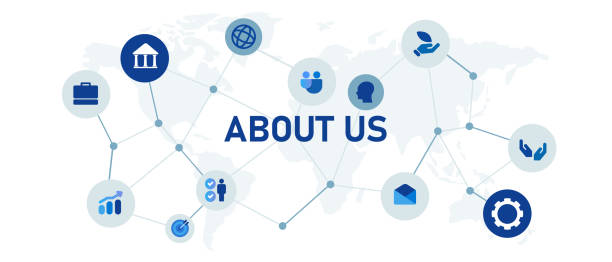
High blood pressure is considered to be one of the most prevalent chronic diseases in Egypt. If untreated, this disease leads to serious complications such as strokes, kidney failure, heart failure and heart attacks.
Data from the Egyptian National Hypertension Project (NHP, 1991-1994) – the first field survey of its kind in the Arab countries and Third World – showed that 26% of the Egyptian population aged 25 years and older suffer from hypertension. This prevalence rate is one of the highest worldwide because of its silent nature. Only 37% of the hypertensive Egyptians were aware of their disease. Alarmingly, only 24% of the patients were receiving treatment and only 8% had their hypertension controlled.
The Egyptian Society of Cardiology, concerned with the preliminary results of the Egyptian National Hypertension Project, approved in March 1993 a proposal presented by Prof. M. Mohsen Ibrahim, the Principal Investigator of NHP, to establish the Egyptian Hypertension League (EHL), as a branch of the Egyptian Society of Cardiology. In July 1995, the EHL became an independent organization under the name “Egyptian Hypertension Society” approved by the Egyptian Ministry of Social Affairs (license #4171). As such, the Egyptian Hypertension Society is the first Society in the Arab World concerned mainly with hypertension; it received international recognition when it became all official member of the “World Hypertension League“.
Currently, over 40 professors of medicine from different universities and specialties, such as cardiology, nephrology, internal medicine, general surgery and endocrinology, are active members of the Society.
|
diagnosis and treatment.
2. Guide hypertensive patients way to accept and live with their disease. Inform them about the need of life-style modification and the importance
of regular treatment and regular blood pressure monitoring in order to
avoid complications.
3. Organize scientific symposia, training courses and annual scientific meetings aiming at physicians education and encourage national research.
4. Prepare guidelines for the management of hypertension and related disorders that are suitable for the Egyptian culture environment, socioeconomic status and health system.
5. Sponsor and encourage research in the field of hypertension.
6. Establish links with specialized scientific centers worldwide to exchange data and information.
